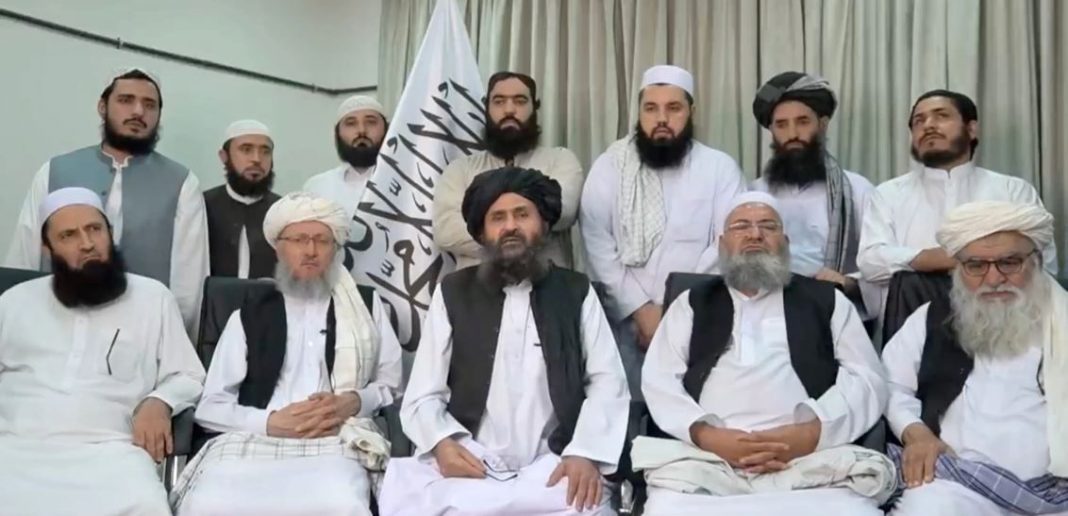In August, the Taliban will have held power in Kabul for a full year; however, according to a recent statement made by the assistant secretary of state for South and Central Asia at the United States Department of State, Donald Lu, no country is currently discussing the formal recognition of the Taliban-led Afghan government.
“No one is talking about official recognition,” Donald Lu said, adding that it is the need of the hour to try to encourage the Taliban onto a constructive route.
The United States has said that no other country is contemplating recognising the Taliban administration in Afghanistan, and that the majority of the focus of the international discussions has been on attempting to engage the Taliban in a variety of different ways.
Lu added, “I believe there’s really a worldwide agreement to include Moscow and Beijing and Iran, that it’s too early to look at recognition.” “I think there’s genuinely a global consensus to include Moscow and Beijing and Iran,” Lu said.
After the United States and its NATO partners pulled their armed forces out of Afghanistan in August 2011, the Taliban were able to seize control of the government.
In spite of the fact that the Taliban’s all-male administration imposed severe restrictions on women and girls in Afghanistan, such as the compulsory wearing of the hijab, travel restrictions, gender segregation rules, and the suspension of girls’ schools, the United States has made it abundantly clear that legitimacy and recognition are not possible for the Taliban until they form a government that is inclusive of women and men.
The situation of women and girls in Afghanistan reflects systematic violations of rights that directly result from the willful adoption of measures and policies by the Taliban, which aim at eradicating them completely from all spheres of public life. The Taliban have been directly responsible for creating this situation in Afghanistan.
Within ten months of the Taliban’s takeover of Afghanistan, a number of restrictions were imposed by the Taliban governing aspects of Afghan women’s lives that had previously been unrestricted. As a result, Afghan women are now facing an uncertain future as a result of these restrictions, which govern aspects of their lives that had previously been unrestricted.

